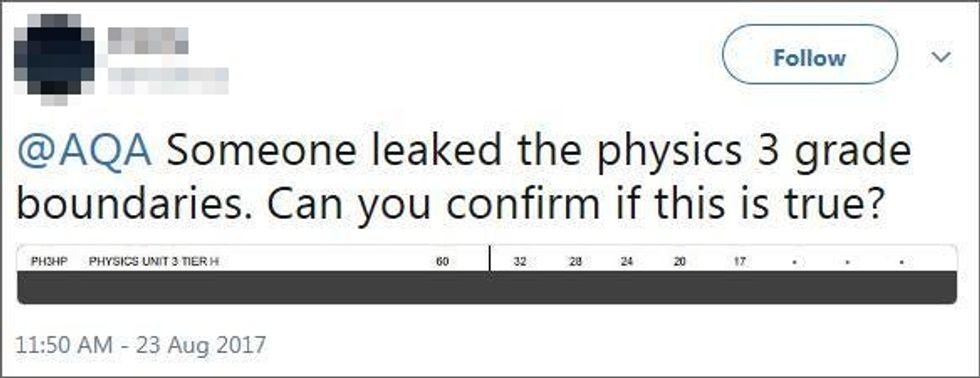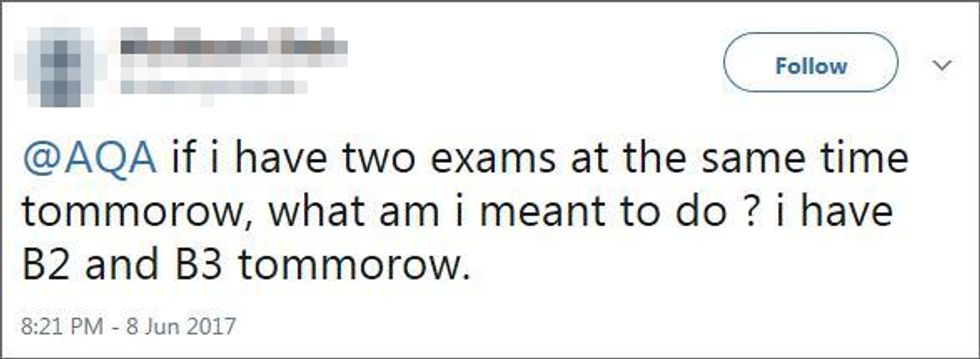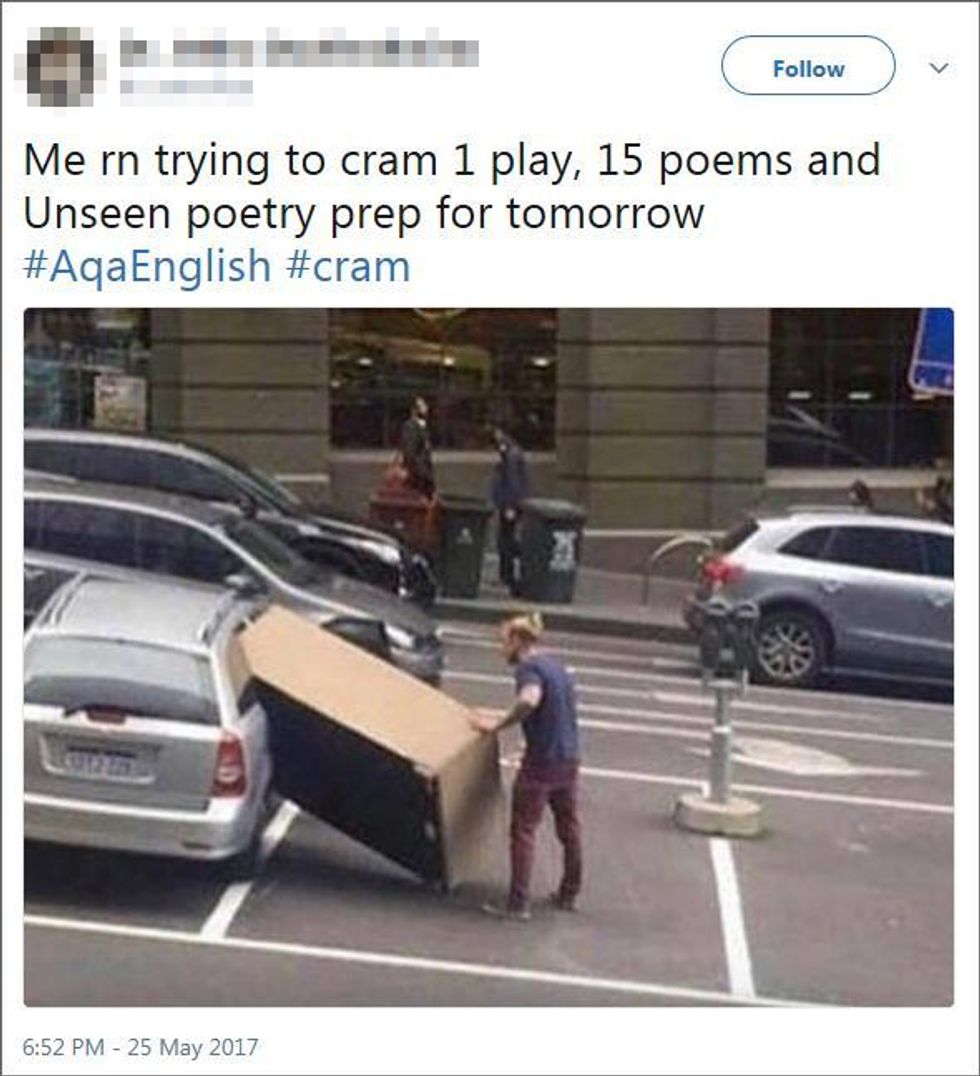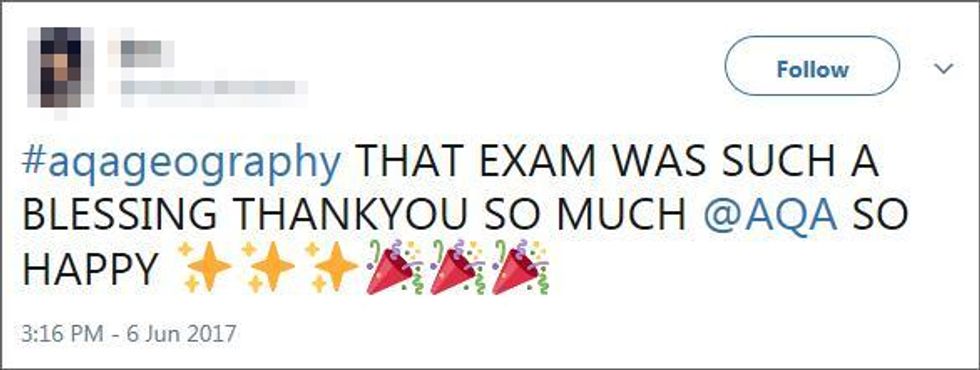Viral
Raquel Gmez Fras
May 13, 2018
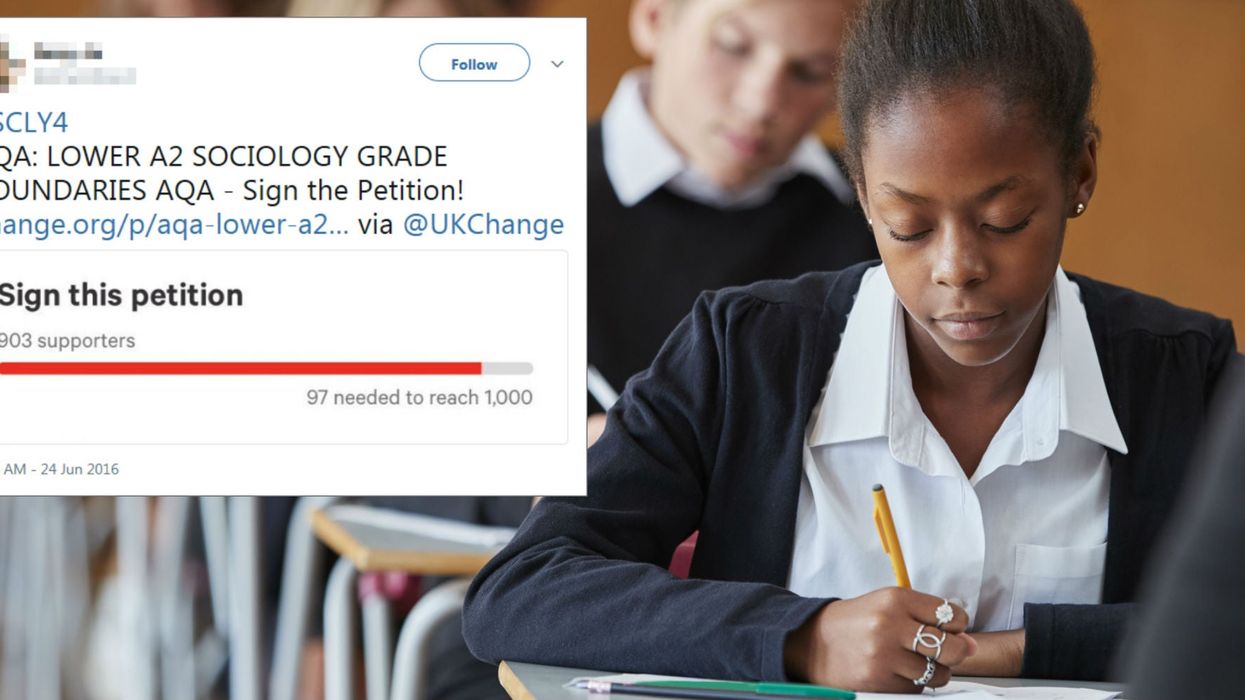
Picture:
iStock
I have bittersweet memories of my exams. First you spend months learning and revising and then, after a few weeks of writing your heart out, it’s all over and you feel relieved and ready to enjoy the long summer ahead.
As the Social Media Manager at exam board AQA, exam season is my busiest time of year again. Every summer our exams are trending on Twitter most days, but you shouldn’t believe everything you read about us.
Here’s the truth about exams…
1. We only ask questions about things you’ve studied
We’re sometimes accused of asking questions that have nothing to do with the subject.
In reality, we’d never ask anything that isn’t relevant to the course. Sometimes, though, there are questions that ask students to apply what they’ve learnt to a new situation – so, if anything on an exam paper looks unfamiliar, that’s probably why.
2. …but we could never ask questions about everything you’ve studied
Another common complaint is that we didn’t include a question on a particular topic.
We know how frustrating it can be when a favourite topic doesn’t come up – but we doubt anyone would want to spend hours and hours in an exam that covered every single thing on the syllabus.
3. The grade boundaries are never set in advance
Every year we see students trying to predict grade boundaries or signing petitions to get them lowered.
But, to make sure we’re fair to all students, we don’t set grade boundaries until after we’ve marked the papers and know how students have got on. So, if it turns out this year’s paper was harder than last year’s, the grade boundaries will reflect that – no petitions required.
4. …and the ‘leaked’ grade boundaries you’ve seen on Twitter are probably fake
Every summer, people try to trick students by sharing made-up grade boundaries on social media.
We do our best to protect students against this kind of fake news by looking out for it and setting the record straight. The real grade boundaries are published on our website.
5. It’s often better to contact your school than tweet your exam board
We sometimes get tweets from students about things that their schools are much better-placed to help with than us.
If you find yourself in this kind of situation, we’d recommend speaking to the exams officer at your school or college as they’re the best person to advise.
6. Real people read all the tweets
Sometimes the comments can get a bit too abusive or threatening, and we occasionally have to report them to protect our staff.
But we know it’s completely normal to let off steam about your exams on social media. We don’t take it personally - and we love your creativity, which often makes us smile.
7. And some students actually like our exams
Most of the exam-related tweets that feature in media coverage are of the negative variety, but there are also plenty of students who say nice things.
If you’re taking your exams this summer, we hope you feel that way too. Good luck!
More:
Top 100
The Conversation (0)



